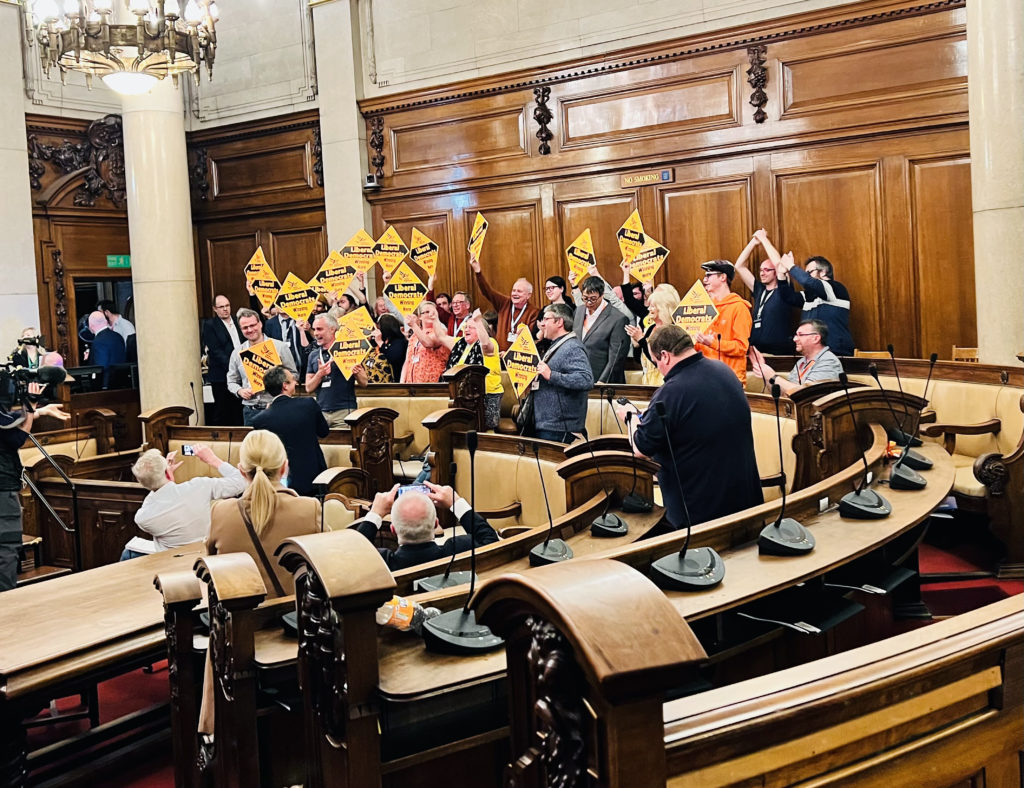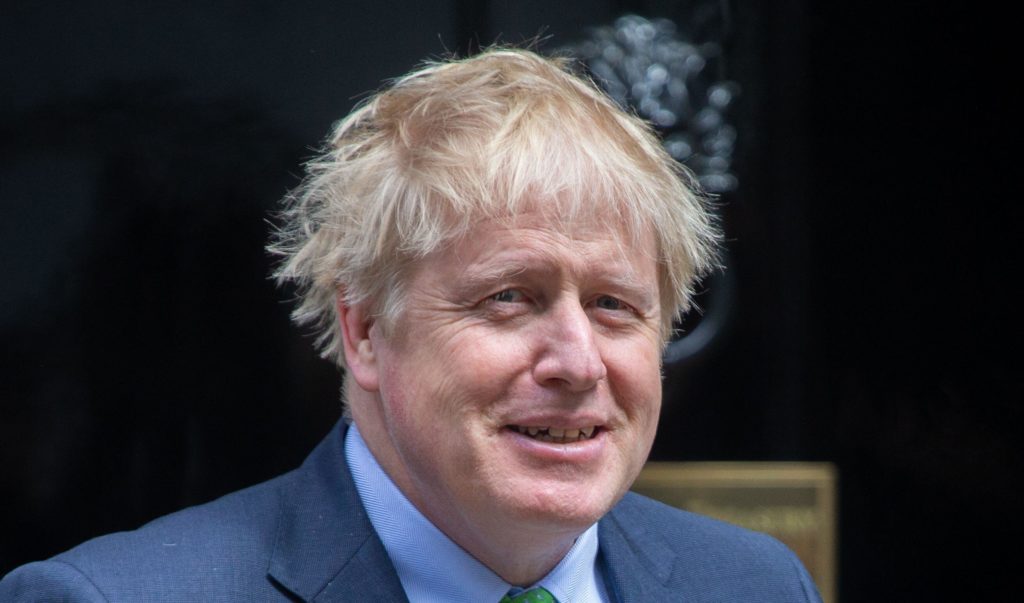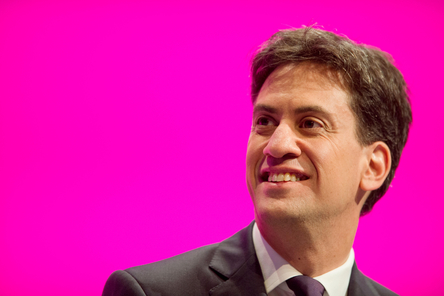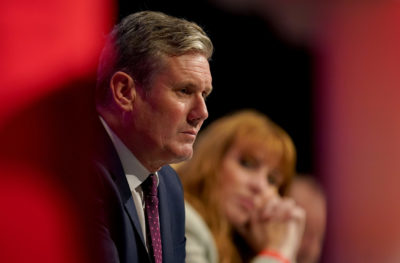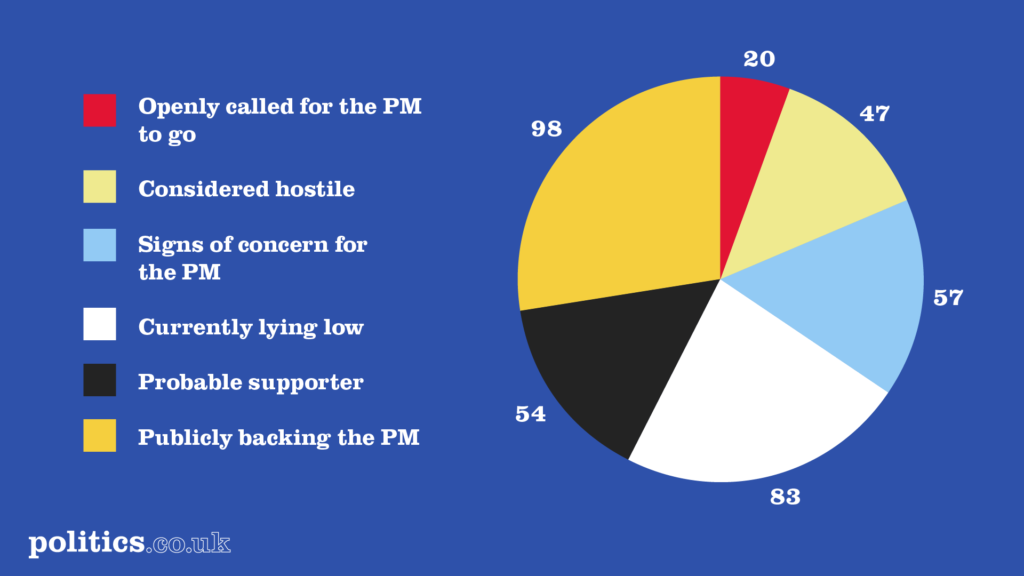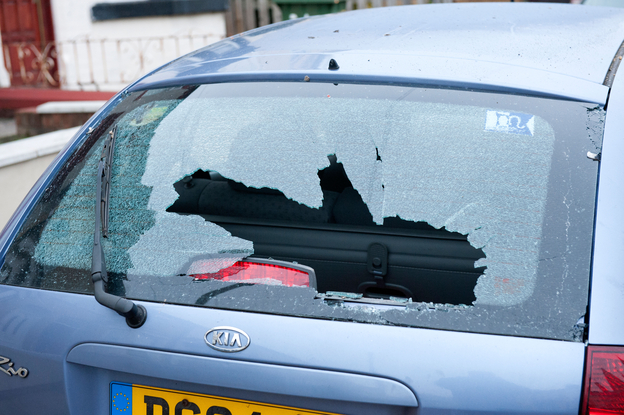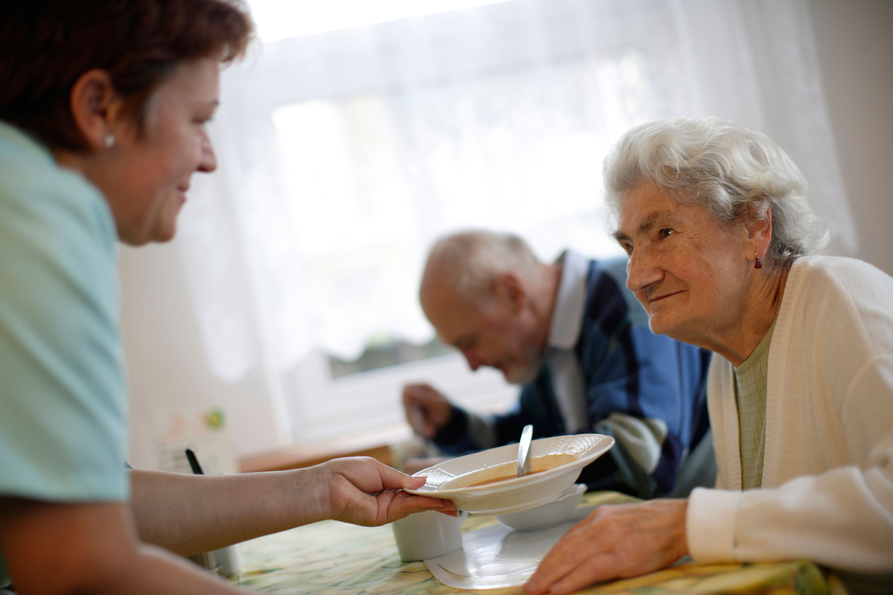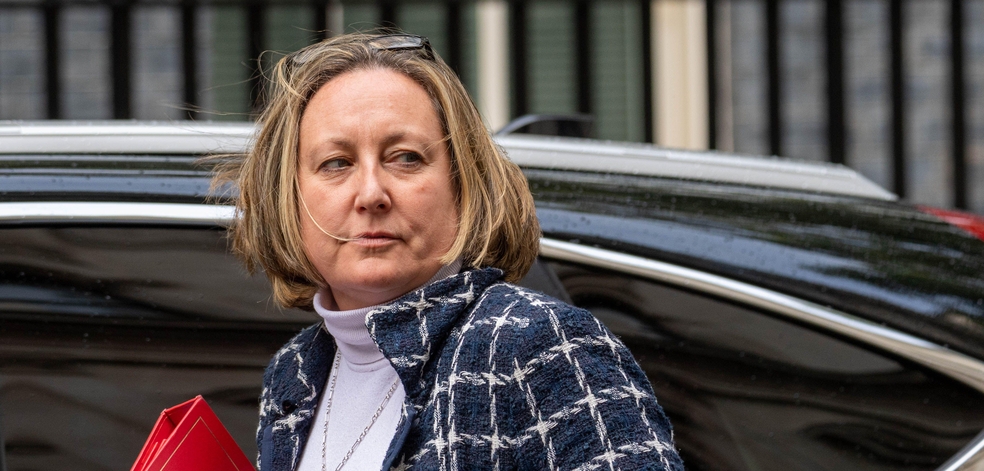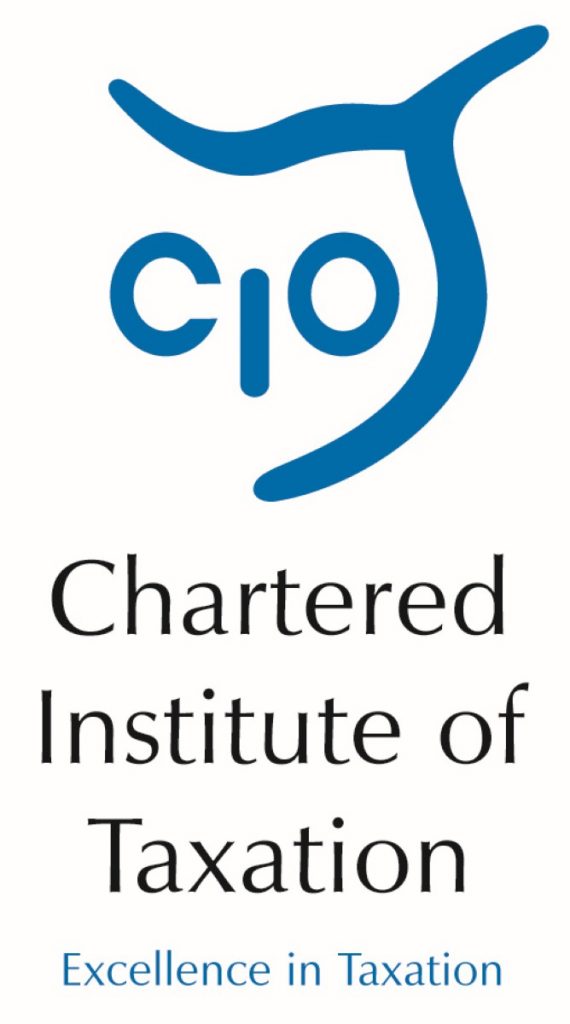Background
First coming to public attention as a sixteen year old at the 1977 Conservative Party Conference, William Hague was a dominant figure in Conservative politics for twenty years between 1995 and 2015.
Having first entered parliament via a 1989 by-election, Hague became John Major’s youngest Cabinet Minister in 1995, and Conservative Party Leader in 1997. Tasked with rebuilding a diminished party after the 1997 Labour landslide, Hague took the Conservatives into the 2001 election but resigned having failed to make any significant gains.
In the coalition years after 2010, Hague returned to Government as Foreign Secretary. Hague stood down from the Commons in 2015 and has since taken up a seat in the House of Lords.
What does William Hague do now?
Hague became a Life Peer in 2015, and sits in the House of Lords as a Conservative.
Known for his wit and engaging speaking style, William Hague quickly turned to the ‘speaker circuit’ after leaving Parliament.
In 2016, Lord Hague reportedly earned £1.3million for speeches across the world. He also now writes a weekly column for the Daily Telegraph newspaper.
In 2017, Citigroup, the giant Wall Street bank, hired Hague to be a senior adviser. He has also worked part time for the public relations and advisory firm Teneo, as part of it ‘Brexit client transition unit’.
In 2014, while still Foreign Secretary, Hague set up the Transport Task Force to tackle the illegal wildlife trade with the Duke of Cambridge. The pair still continue to have roles in the charity.
Although, William Hague was known as a euro-sceptic, he supported ‘Remain’ in the 2016 Brexit referendum.

William Hague is now a high earner on the international ‘speaker’ circuit.
Foreign Secretary
William Hague served as Foreign Secretary under David Cameron between 2010 and 2015. As Foreign Secretary at a time of international turbulence, Hague oversaw the 2011 Middle East protests, the beginnings of the Syrian civil war, and the Iran nuclear crisis.
Renowned for his oratory skills, then-US Secretary of State Hillary Clinton labelled Hague ‘the David Beckham of witty toasts’.
Leader of the Conservative Party
Following the 1997 General Election defeat, Hague was elected leader of the Conservative party-beating out the more experienced challengers in Ken Clarke and Michael Howard.
At only 36, Hague was tasked with rebuilding a faction-riven and electorally irrelevant Conservative Party in the face of the ‘New Labour’ machine.
Despite a win at the 1999 European Parliamentary Election, Hague’s overall tenure was one of little success.
However, Hague’s powerful and popular opposition to the introduction of the Euro likely proved a factor in the UK government’s eventual rejection of the idea, at a time when most of the European Union was moving across to the new European Single Currency.
A spirited orator, Mr Hague was also more than a match for Tony Blair at Prime Minister’s questions in the House of Commons.
In 1997, the new Conservative Leader was photographed on a water slide in a baseball cap with ‘Hague’ labeled on the front.
Later in 2000, Hague ‘admitted’ to drinking 14 pints a day as a teenager.
Feeding through to the then public perception of him as a potential Prime Minister, an opinion poll in 2001 revealed that the overwhelming majority of people (69%) thought that he was not nasty, but two thirds (66%) thought he came over as ‘bit of a wally’.
With the continuing popularity of New Labour at that point feeding through to electoral success in 2001, Hague resigned, and admitted, ‘we have not been able to persuade a majority, or anything approaching a majority, that we are yet the alternative government that they need’.
Early Political Career
Hague’s political ambition and oratorical ability were first on show when he spoke to the 1977 Conservative Party Conference as a sixteen year old boy. Quickly proving popular with the party faithful, Hague received his first of many subsequent standing ovations at the annual event.
By his late twenties, Willam Hague had become the youngest MP in the House of Commons, known as the ‘Baby of the House’. Hague represented the Yorkshire Dales constitution of Richmond in Parliament having succeeded former Home Secretary Leon Brittan in a 1989 by-election.
With the local Conservatives in this area clearly having an eye for selecting top Ministerial talent, Hague was later succeeded in Parliament by the soon to be Conservative Chancellor – Rishi Sunak.
In 1990, Hague was appointed Parliamentary Private Secretary to the then Chancellor of the Exchequer, Norman Lamont. After Lamont’s dismissal in 1993, Hague was appointed a junior Minister at the Department of Social Security, subsequently becoming the Minister for Disabled People. In 1995, Hague replaced John Redwood as Secretary of State for Wales – becoming Major’s youngest Cabinet Minister.
Following his inability to win the 2001 election, Hague returned to backbenches between 2001 and 2005. During that time he wrote a book on the former Prime Minister, Pitt the Younger, which later won “History Book of the Year” at the National Book Awards. He subsequently wrote a biography of William Wilberforce which was published in June 2007.
Having supported David Cameron in the 2005 leadership election, Hague later returned to the front bench as Shadow Foreign Secretary.
Background
How old is William Hague?
William Jefferson Hague was born on the 26th of March 1961. He grew up in Rotherham, South Yorkshire.
William Hague Family
Hague married Ffion Jenkins in 1997. The couple have no children. They now live at Cyfronydd Hall near Welshpool in Montgomeryshire.
What did William Hague do before politics?
After graduating from Oxford University with a first-class degree in Politics Philosophy and Economics (PPE), Hague went on to study for an MBA at INSEAD Business School in France. Hague then worked as a management consultant at Mckinsey & Company.
William Hague – Things you may not know
He enjoys Judo
William Hague is keen on judo as was said to practice three times a week during his time as Leader of the Opposition. At one point he is said to have delivered a knockout blow, to his then practice partner and political advisor, the former athlete, Seb Coe.
During his time as Foreign Secretary, Mr Hague was said to have watched the 2012 Olympic judo competition in London with Russia’s President Putin. President Putin is himself, a lover of judo, and an accomplished former judo Champion.
He supports the legalisation of cannabis
In 2018, William Hague, called for a reform in cannabis laws, saying that, “the idea that the drug can be driven off the streets and out of people’s lives by the state is nothing short of deluded”.
He took up the Piano
After losing the 2001 General Election, Hague threw himself into learning the piano.
He supported Joe Biden for US President
In August 2020, William Hague baked Joe Biden rather than the incumbent US President, Donald Trump, in that year’s American election.
Social Media
Twitter – @WilliamJHague
Facebook Address – @williamjhague

